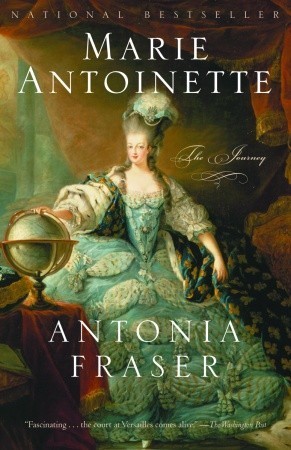More on this book
Kindle Notes & Highlights
Finally, by what standards does one judge a royalty of great taste who spends too much money? (Charles I is the outstanding example.) Artistic or political? It is notoriously impossible to say.
A frequent charge made against “Antoinette” was that she bathed in the blood of the French people; the truth of it was, of course, exactly the other way round.
A scapegoat was in fact what Marie Antoinette became. Among other things, she would be blamed for the whole French Revolution, by those who optimistically looked to one “guilty” individual as a way of explaining the complex horrors of the past.
Thomas Jefferson, who wrote in his autobiography that if the Queen had been shut up in a convent, the whole Revolution would never have happened, an astonishingly draconian way of brushing aside the desperate need for reform in French society and government.
Given that it is evidently a deep primitive urge to blame one individual when things go wrong, what better scapegoat to discover in a monarchy in crisis than a foreign princess? There she is, a subversive alien, in the bed of the head of state, her blood corrupting the dynasty . . .
In France, hatred that focused on Marie Antoinette, the Austrian woman, left many of the population free to continue to reverence the King himself. Gouverneur Morris, a visitor from the republican United States, observed how many Parisians felt a kind of grief when the King was executed, “such as for the untimely death of a beloved parent.”39
Let the Queen herself have the last word.40 “Oh my God,” she wrote in October 1790, “if we have committed faults, we have certainly expiated them.”


